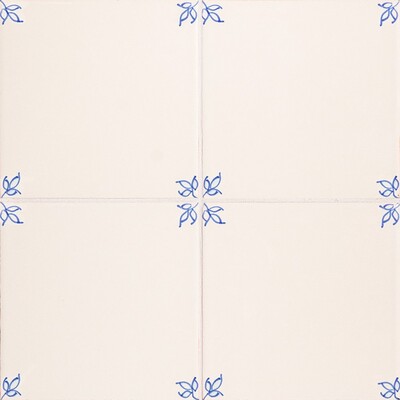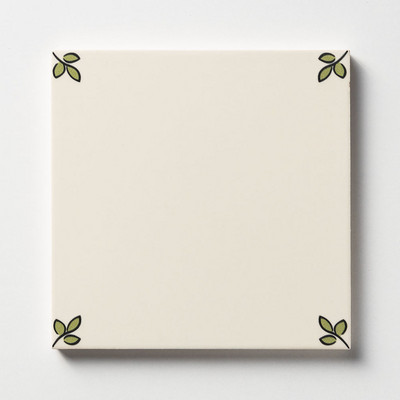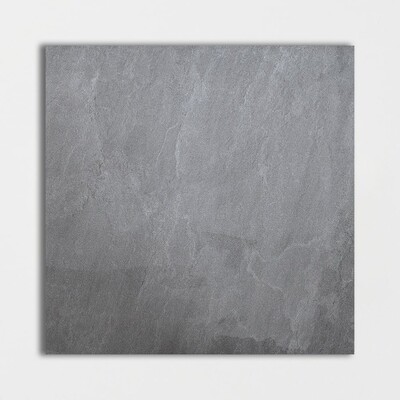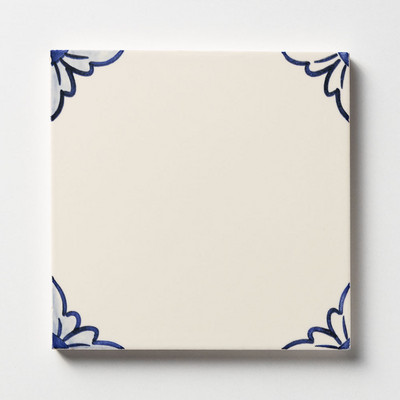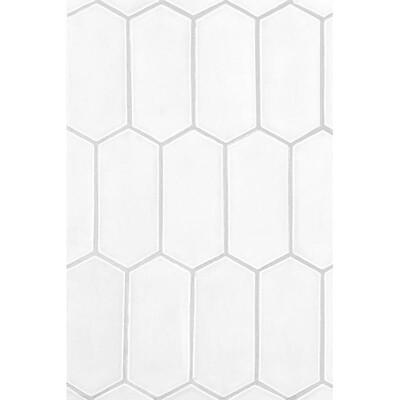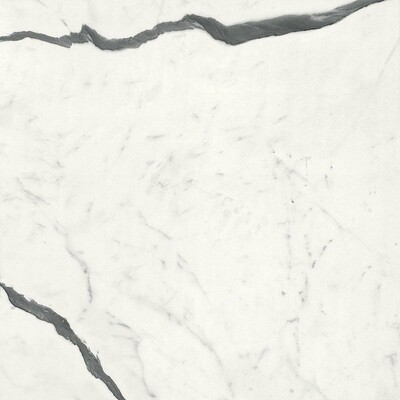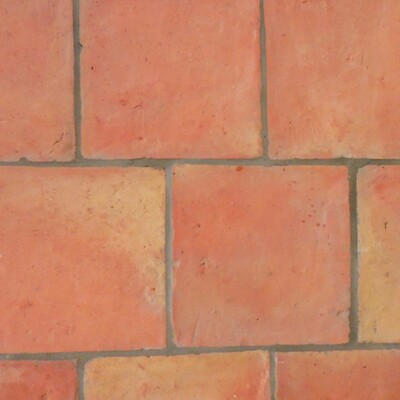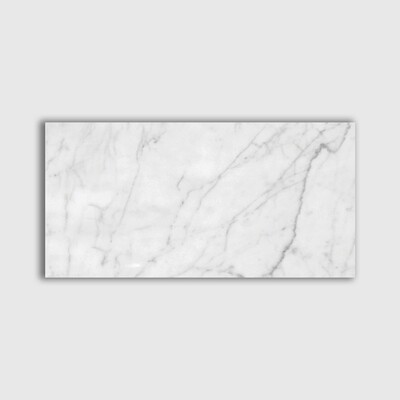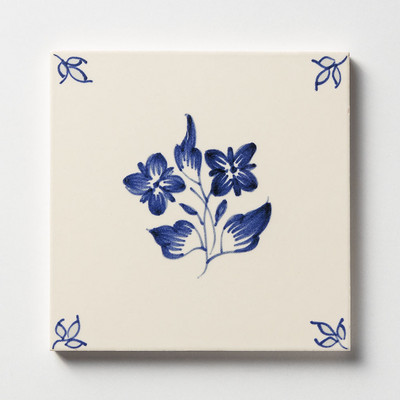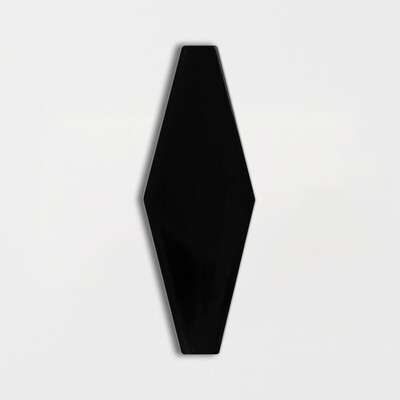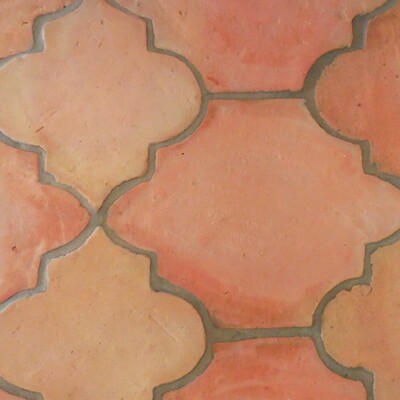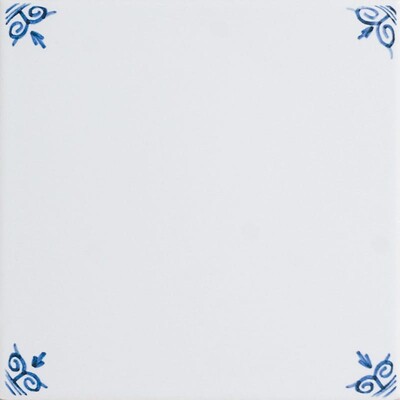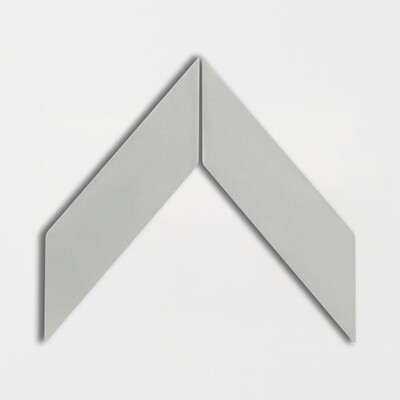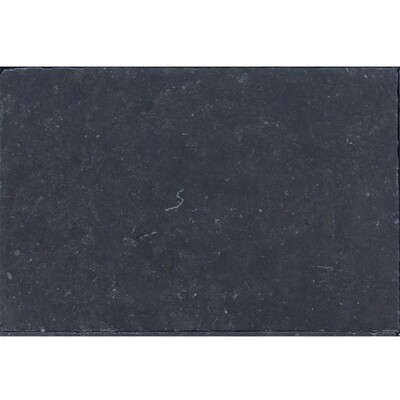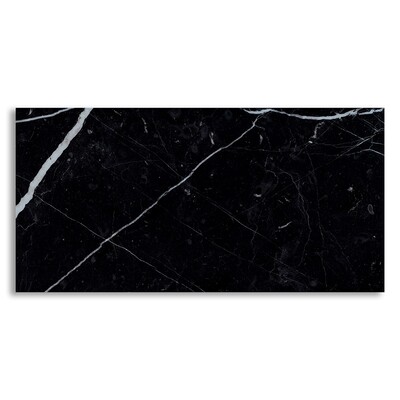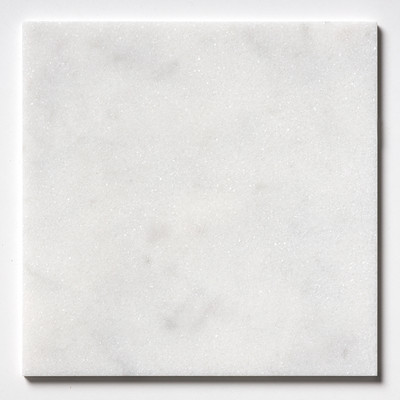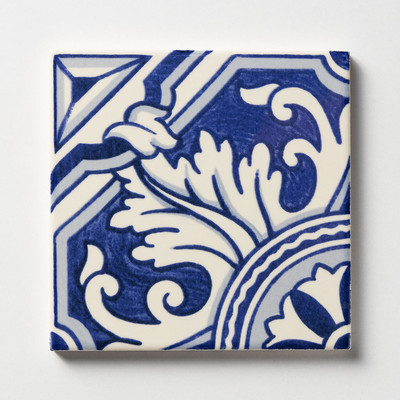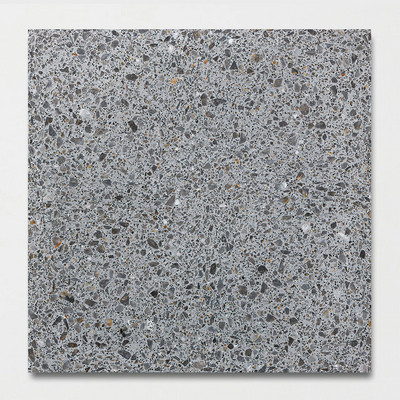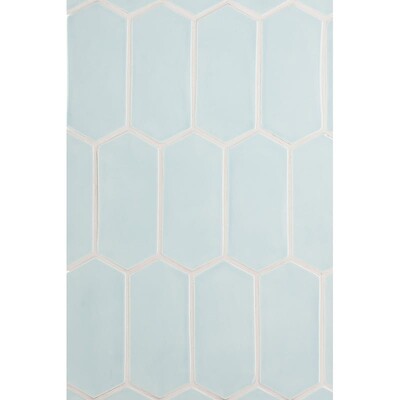1–20 of 4706 results
To protect the wall from moisture, use a waterproof backer board, such as a cement board or waterproof drywall, as a barrier between the drywall and the shower. This ensures that your shower area remains watertight and guards against potential water damage. Additionally, applying a waterproof membrane or sealant over the backer board can further enhance moisture resistance for added peace of mind.
To waterproof shower walls before tiling, start with a clean, dry surface. Apply a waterproof membrane, covering the entire wall and paying extra attention to seams and corners. If using a cement board, use a waterproofing compound. Let it dry completely. Then, apply your tiles with thin-set mortar, followed by grouting. Sealing the grout lines adds extra protection, ensuring a moisture-resistant and long-lasting tiled shower. If you don't want to turn it into a DIY project and want a professional guide for your shower, you can contact a tile expert for the proper process.
Ceramic and glass wall tiles are your safest bets for shower walls because they handle moisture without any fuss. Ceramic tiles are budget-friendly and come in tons of styles, while glass tiles are practically maintenance-free since they don't hold any water or stain. Both resist mold and mildew better than natural stone options that need regular sealing. For most people, these two materials give the best combination of durability.
Both porcelain and ceramic work great in showers, but they have different strengths. Porcelain is denser and more water-resistant, making it perfect if you want maximum durability and don't mind spending a bit more. Ceramic still handles shower conditions well, especially if you're not planning to beat up your walls too much. Choose porcelain wall tiles for high-use family bathrooms and ceramic for guest bathrooms.
Glass tiles are the easiest to keep clean because soap and water spots wipe off with minimal effort. Large format porcelain tiles come in second since they have fewer grout lines where dirt can hide. Avoid heavily textured tiles or natural stone if you hate scrubbing; smooth, non-porous surfaces always clean up faster. The key is choosing materials that don't absorb stains or require special cleaning products.
The best color depends on your overall bathroom design and how you want the space to feel. Light colors like white, cream, and pale gray make small showers feel bigger and brighter, while darker colors create a Japandi bathroom like, cozy atmosphere. Consider your existing bathroom colors. Your shower tiles should work with your vanity, flooring, and paint choices. Neutral colors give like beige tiles you the most flexibility to change other elements later without redoing your shower.
We were waiting for you to ask it! Subway tiles never go out of style because they work with any decorating approach and always look clean and classic. This year, we're seeing lots of interest in zellige tiles for their handmade, organic look, and hand painted tiles that add tradition and magic to shower walls. Checkerboard pattern and intricate mosaic designs are also popular for people who want their shower to make a statement. The beauty of classic patterns is that they won't look dated in five years like some trendy options might.
Non-porous tiles like porcelain and glass prevent mold best because water can't penetrate the surface where mold likes to grow. These materials don't absorb moisture, soap residue, or your vanilla-scented body oils that feed mold and mildew. Proper grout sealing matters just as much as tile choice. Even the best tiles won't prevent mold if water gets behind them through bad grout. Good ventilation and regular cleaning are just as important as picking the right tile material. But hey, it is OK to not know about these. What about calling us to learn more?
Large format tiles with minimal grout lines make showers look biggest because there are fewer visual breaks to chop up the space. Running subway tiles horizontally creates the illusion of wider walls, while vertical patterns make ceilings look higher, like you are living in a loft. Light-colored tiles in any pattern reflect more light and open up small spaces better than dark colors. Keep patterns simple! Busy designs make small showers feel overwhelmed and too much rather than spacious.
Bad shower tile jobs have crooked lines, uneven grout spacing, and tiles that don't line up properly at corners and edges. You'll see lippage where one tile sits higher than its neighbor, creating raised edges that catch your finger when you run your hand across the wall. Poor cutting around fixtures leaves jagged edges, and inadequate waterproofing shows up as loose tiles or water stains on walls outside the shower. If the grout lines look wavy or the pattern doesn't stay consistent, the installer didn't know what they were doing.
Bigger tiles aren't always better, unlike the common idea. It depends on your shower size and design goals. Large tiles work great in spacious showers because they create a clean, modern bathroom look with fewer grout lines to maintain. But in small showers with lots of corners and niches, large tiles require more cutting and can look awkward, like they don't belong there. Medium-sized tiles often work best because they're easier to install around fixtures and don't overwhelm small spaces. Think about your shower's proportions before deciding on tile size.
Never use unglazed ceramic, unsealed natural stone, or tiles rated for dry areas only in your shower. These materials absorb water and will develop mold, staining, or structural problems over time. Avoid porous materials like unfinished travertine tile or limestone that haven't been properly sealed for wet areas. Also, skip decorative tiles that aren't meant for continuous moisture exposure. They might look pretty in the store, but will cause expensive problems in your shower.
Your shower gets hit with hot water, steam, soap scum, and whatever else your family brings at it every single day. Picking the wrong shower wall tiles means dealing with stains, mold, or tiles falling off the wall in a few years. As the Country Floors team, we're happy to help you create your dream shower with the right materials and the art like designs.
Shower wall tiles aren't just about looks and aesthetics. They're your bathroom's first line of defense against water damage. When water gets behind your tiles, you're looking at expensive repairs that could involve tearing out walls and starting over. Most people think any kind of tile works in a shower, but that's how you end up with problems.
The right tile for shower wall applications needs to handle constant moisture while still looking good when your guests visit. Some materials absorb water like a sponge, others crack when temperatures change, and cheap options start looking gross after a few months of daily use. And those are not the scenarios we would want for your shower.
Porcelain shower tiles are the gold standard for shower installations. They're fired at such high temperatures that they become practically waterproof, which means water can't seep in and cause damage later. We install more porcelain in showers than anything else because it just works with every kind of shower design, and you can find large shower wall tiles in porcelain that create fewer grout lines. It is the tile that will do all the work in your shower and will last for many years.
Ceramic shower tiles cost less than porcelain but still handle shower conditions well when they're properly glazed. The glaze creates a protective barrier that keeps water out. For most families on a budget, ceramic wall tile gets the job done with unlimited color, design, and pattern options!
Glass shower tiles are practically maintenance-free because they don't hold water and soap on them. They also make small showers feel bigger by reflecting light around the space. The only downside is that water spots show more on your curbless shower ideas, so you'll need to squeegee if you want them looking perfect.
Marble shower tiles look incredible, but they need more maintenance than other materials. Natural marble is porous, so you'll need to seal it regularly to prevent water damage and staining. If you love the look but don't want the maintenance, marble look porcelain tiles give you the beauty without the work.
Glazed terracotta tile is the rustic final touch to shower spaces with earthy tones that feel natural and relaxing. The glazing protects the porous terracotta underneath, making these tiles suitable for shower applications. They work especially well in bathrooms with rustic or Mediterranean design themes.
Zellige tiles are handmade Moroccan tiles that bring incredible magic to shower installations. Each tile has slight variations and imperfections that create beautiful, undulating surfaces when installed. Because they're handmade, they need careful installation by someone experienced with this type of tile.
Thin brick tiles give you that industrial loft look without the weight and installation challenges of real brick tiles. In showers, they work best as accent walls rather than covering all surfaces. The rustic texture hides water spots and minor wear better than smooth tiles.
Think about who uses your shower and how they use it. Kids' bathrooms need tiles that hide soap stains and can handle rough treatment. Master bath showers can be more delicate since adults are generally gentler with finishes.
Consider your cleaning style, too. If you're someone who wipes down the shower after every use, you can get away with materials that show water spots. If you prefer low-maintenance options, stick with textured or matte finishes that hide everyday wear.
Size matters in shower and bathroom floor tile ideas. Large shower wall tiles create fewer grout lines, which means less maintenance and a cleaner look. But huge tiles can be tricky to install in showers with lots of corners and niches.
Learning how to tile a shower wall properly is crucial because mistakes in wet areas cause expensive problems later. The waterproofing behind your tiles is just as important as the tiles themselves. Your installer should use appropriate waterproofing systems and know how to handle corners and plumbing penetrations properly.
How to clean shower wall tiles depends on what material you chose, but clean regularly rather than letting soap scum build up. Most tiles clean up fine with basic bathroom cleaners, but avoid harsh acids on natural stone. The best tiles for shower walls are ones that fit your maintenance style. Grout maintenance matters more in showers than anywhere else. Seal your grout lines regularly and regrout when they start looking worn. It's cheaper than dealing with water damage later.
Don't use unglazed tiles in wet areas! They'll absorb water and develop problems. Skip trendy materials that aren't proven in wet environments, and avoid tiles rated for walls only if you're planning to use them on shower floors.
The aesthetic side matters just as much as function. Bathroom shower wall tiles should make you happy every morning. Mix textures and patterns thoughtfully, maybe large format tiles on most walls with mosaic accent stripes.
Every shower is different, and what works in your neighbor's bathroom might not work in yours. We help people figure out the best combination of materials, patterns, and layouts for their specific situation and budget.
Visit our tile showroom near you to see full shower installations and touch different materials. Photos online don't show you how tiles feel or how they look when they're wet. Our experienced team can walk you through shower wall tile ideas that work for your lifestyle and help you avoid expensive mistakes.
